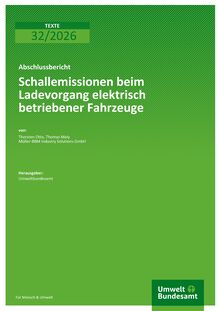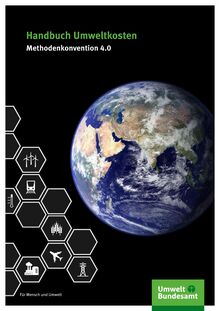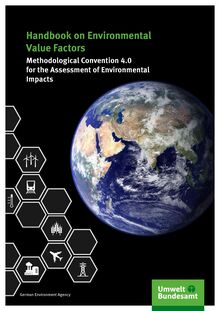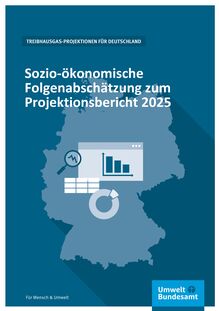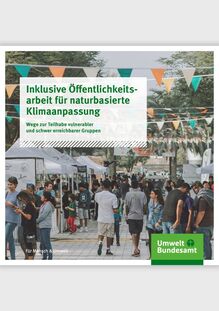Greenhouse gas-neutral and resource-efficient by 2050

In its new RESCUE study, the German Environment Agency (UBA) analyzes how to achieve greenhouse gas neutrality and reduce raw material consumption by 70 percent by the year 2050. The RESCUE study describes six scenarios of possible transformation pathways for which details must be fleshed out. The scenarios are meant to help the federal government achieve the agreed goal of greenhouse gas neutrali










